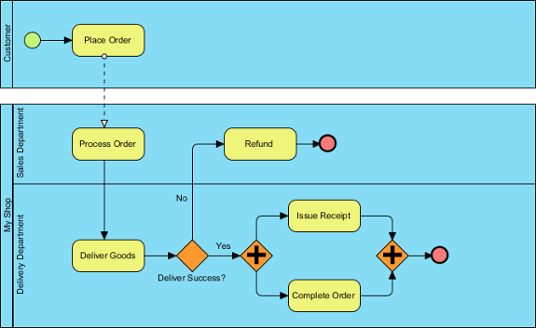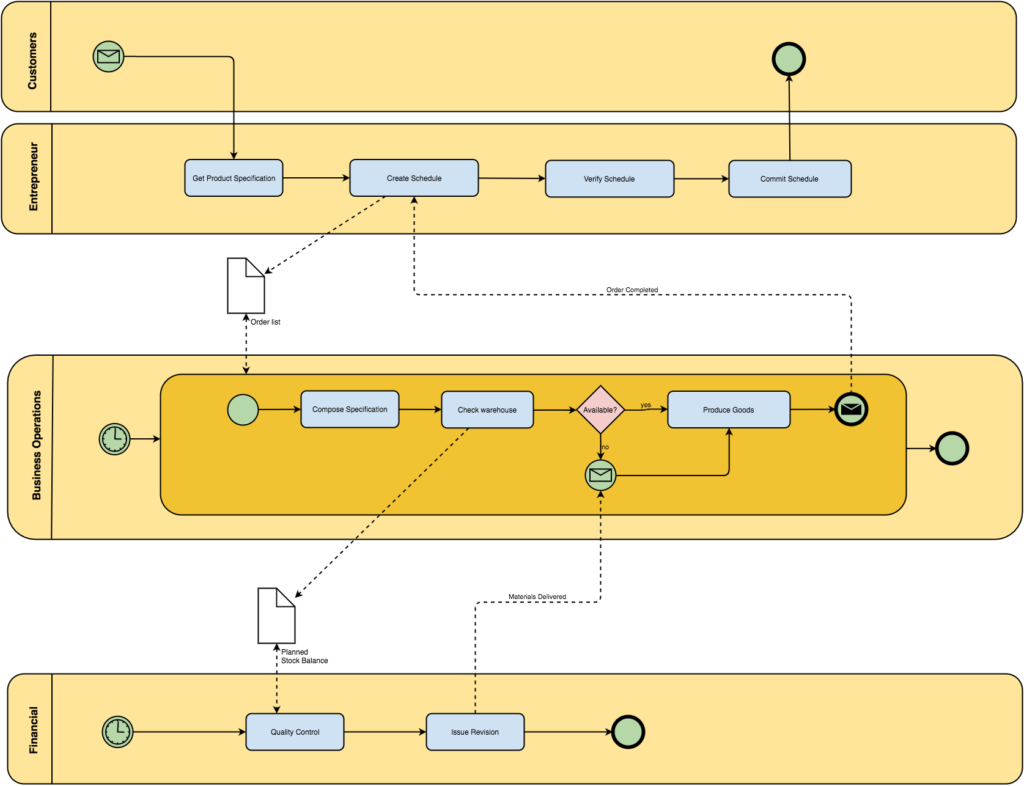After working with over 20,000 students in the last ten years, I have started to stereotype those coming through into five simple student entrepreneur categories. There is no real theory and a great amount of research here, but I just wanted to share my thoughts and observations on these student entrepreneurs.
Wanta-preneur
This group of people want to mega rich, famous and of course a owner of a super big business. They just want it all! Yet hard work, planning and dedication to entrepreneurship is not at the core of their motivations. They sometimes do start businesses, normally with co-founders who do all the work, while they talk about their business, the people they know and the mega plans they have.
Pros : Great talker who other may believe
Cons : Lacks hard work and dedication
Business-Anarchistic-preneur
Staying the same is not an option, so these people think of distributive technology, business models and taking all the biggest businesses, traditional methods and societies. They know that they will succeed as its only there ability to change the world that will save it.
Pros : Out of the box thinking
Cons : Others don’t take them seriously, just too radical
Social Entrepreneur
This group not only want to start a business but one that helps others. They have great amounts of passion, dedication and drive to see this business idea into a fully developed business. These people understand the need to develop others, work in teams and share the value of their business with as many people as possible.
Pros : A Team player
Cons : Takes too long as brings too many people with them
Geek-preneur
The richest people are Geeks, so why not start the the next Microsoft, Apple or Facebook. These people can make technology work for them and create small dynamic businesses which engage users throughout the world in their dream creation.
Pros : Easy to start boot strapped business
Cons : Lacks people skills to engage others
Just-do-It-preneur
This group just get on with it, never thinking for one moment they can’t. What they lack in skills, knowledge and network, they balance with the shear determination and brut force. They are the bull in the china shop style of entrepreneurship.
Pros : Self belief and determination to make it a success
Cons : Lacks style and skills which makes others believe
As with all people and businesses it about having the team, a set of skills and maybe every business should have a mix of these.
So which type of student entrepreneur are you?





